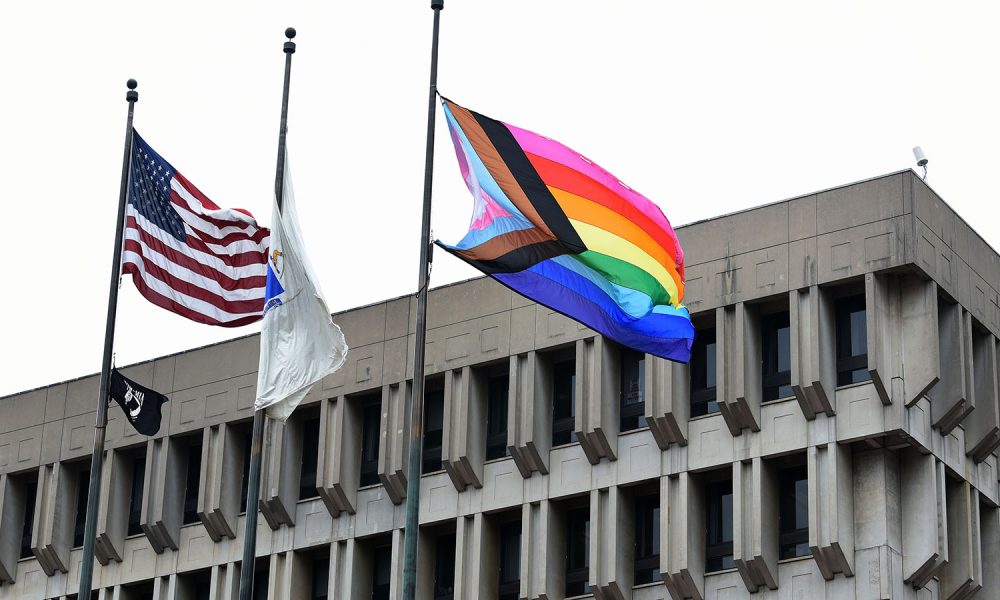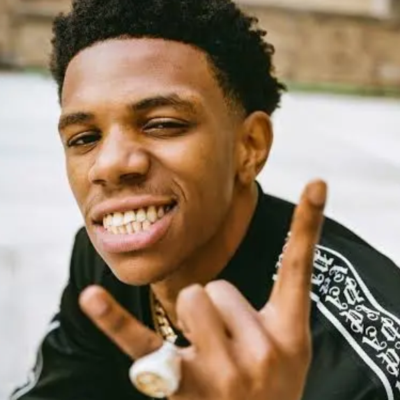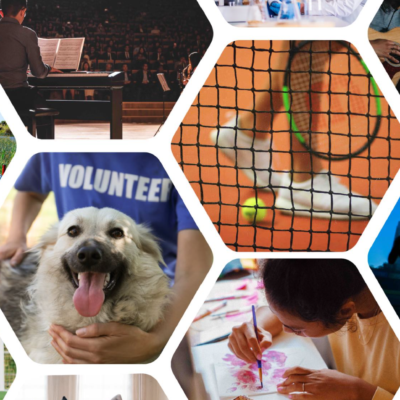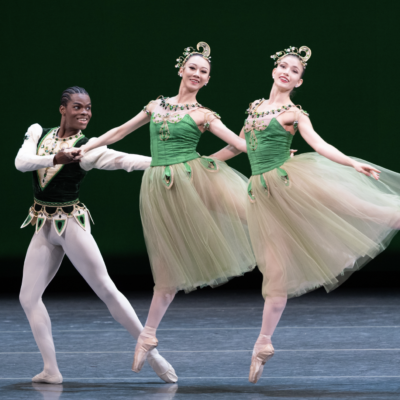In Search of Sanctuary: Creating Spaces for Trans Youth In Boston
Gay men have always had their meccas – in the form of bars, community centers, social nights, and celebrities. Lesbians have had less visibility, but they’ve still had their gathering places, media, and press. But for whatever limited recognition the L and the G have received throughout history, the T has been hidden in the shadows, regarded as an exotic oddity or barely regarded at all.
Recently, of course, this has changed — the eternal cultural war in America has since dragged us into its filthy clutches. But despite the scores and scores of content or forums (digital or corporal) mocking or debating transgender people — from the tasteful “VICE Guide to Partying” which details hosting a party and mandates a transgender woman as entertainment (with gems such as “TRANSSEXUAL: Pre-op is good, but post–breast implants, pre–gender reassignment is PERFECTION. All transsexuals are slutty, so don’t worry about that.”) to the discredited Cass Review used in the U.K. to bar HRT for minors — there are few places for transgender people, particularly young adults, to go.
If you can’t drink or attend eighteen-plus social events as a trans teen, where are you meant to go? This is a problem even in Boston, Massachusetts – a trailblazer for queer rights. There has been a strange absence of seeing trans-femme teens and young adults within my experience. I actually went to a trans meetup and I was the only trans woman there – a decidedly awkward experience. I can only imagine how much worse it is for less tolerant areas.
To get to the bottom of this, I reached out to Reverend John Finley, a gay priest who runs the accepting Epiphany School for impoverished people and victims of abuse. He detailed how accepting Boston was – its distinctive big-city apathy largely extends to sexuality, and, to a lesser extent, gender. His school is a safe haven for expression but it casts a relatively small net. I asked him how to go about fostering queer community, and he replied: “I think we need to recognize our common humanity […] my liberation (as a gay man) is tied to yours (as a trans woman).”
I must agree.
To build these communities, we need support, which can only be found through solidarity and common goodwill. It’s not easy to make new spaces for ourselves as queer and particularly trans people, but awareness and visibility – while sorely lacking – is perhaps better than ever before. Let us lock hands and march towards a better future with new places to celebrate it.










